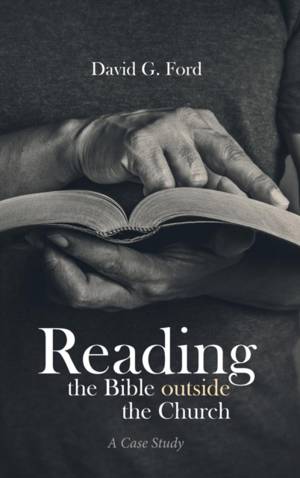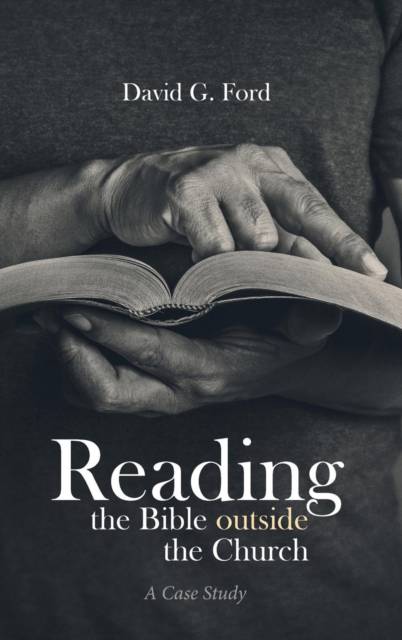
- Retrait gratuit dans votre magasin Club
- 7.000.000 titres dans notre catalogue
- Payer en toute sécurité
- Toujours un magasin près de chez vous
- Retrait gratuit dans votre magasin Club
- 7.000.0000 titres dans notre catalogue
- Payer en toute sécurité
- Toujours un magasin près de chez vous
74,95 €
+ 149 points
Format
Description
In many places in the Western world, churchgoing is in decline and it cannot be assumed that people have a good grasp of the Bible's content. In this evolving situation, how would "the person on the street" read the Bible? Reading the Bible Outside the Church begins to answer this question. David Ford spent ten months at a chemical industrial plant providing non-churchgoing men with the opportunity to read and respond to five different biblical texts. Using an in-depth qualitative methodology, he charts how their prior experiences of religion, sense of (non)religious identity, attitudes towards the Bible, and beliefs about the Bible all shaped the readings that occurred.
Spécifications
Parties prenantes
- Auteur(s) :
- Editeur:
Contenu
- Nombre de pages :
- 252
- Langue:
- Anglais
Caractéristiques
- EAN:
- 9781532636837
- Date de parution :
- 12-07-18
- Format:
- Livre relié
- Format numérique:
- Genaaid
- Dimensions :
- 152 mm x 229 mm
- Poids :
- 508 g

Les avis
Nous publions uniquement les avis qui respectent les conditions requises. Consultez nos conditions pour les avis.






